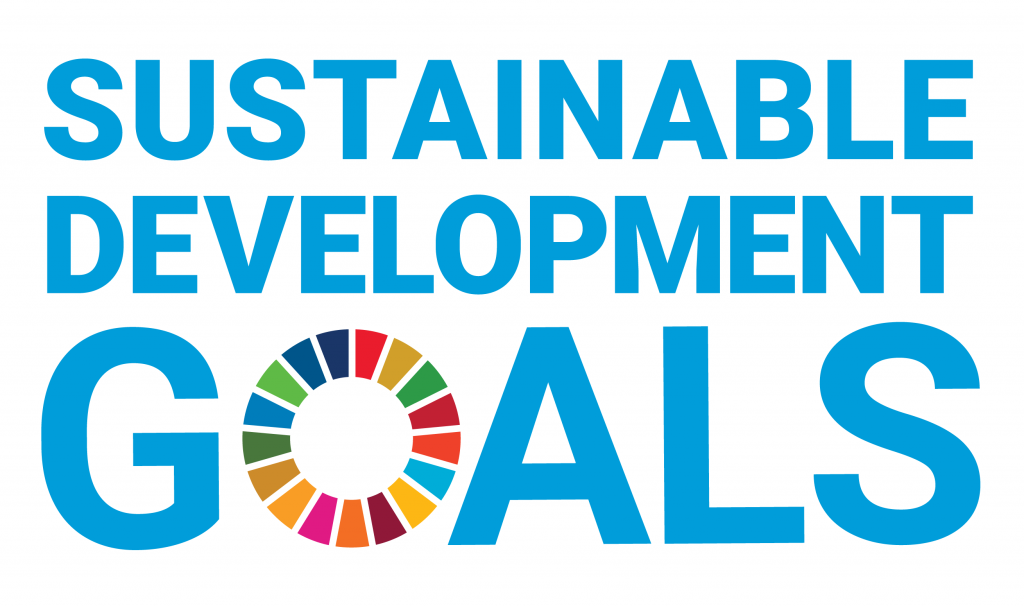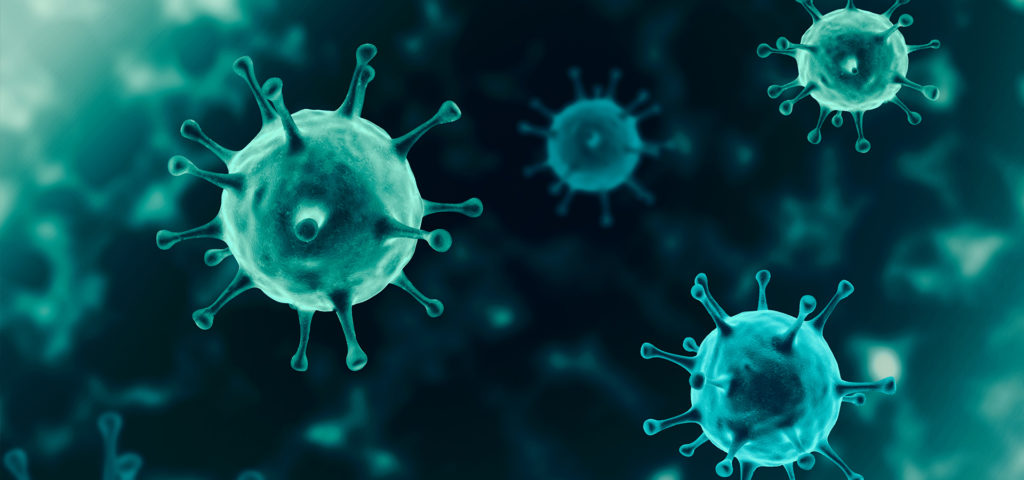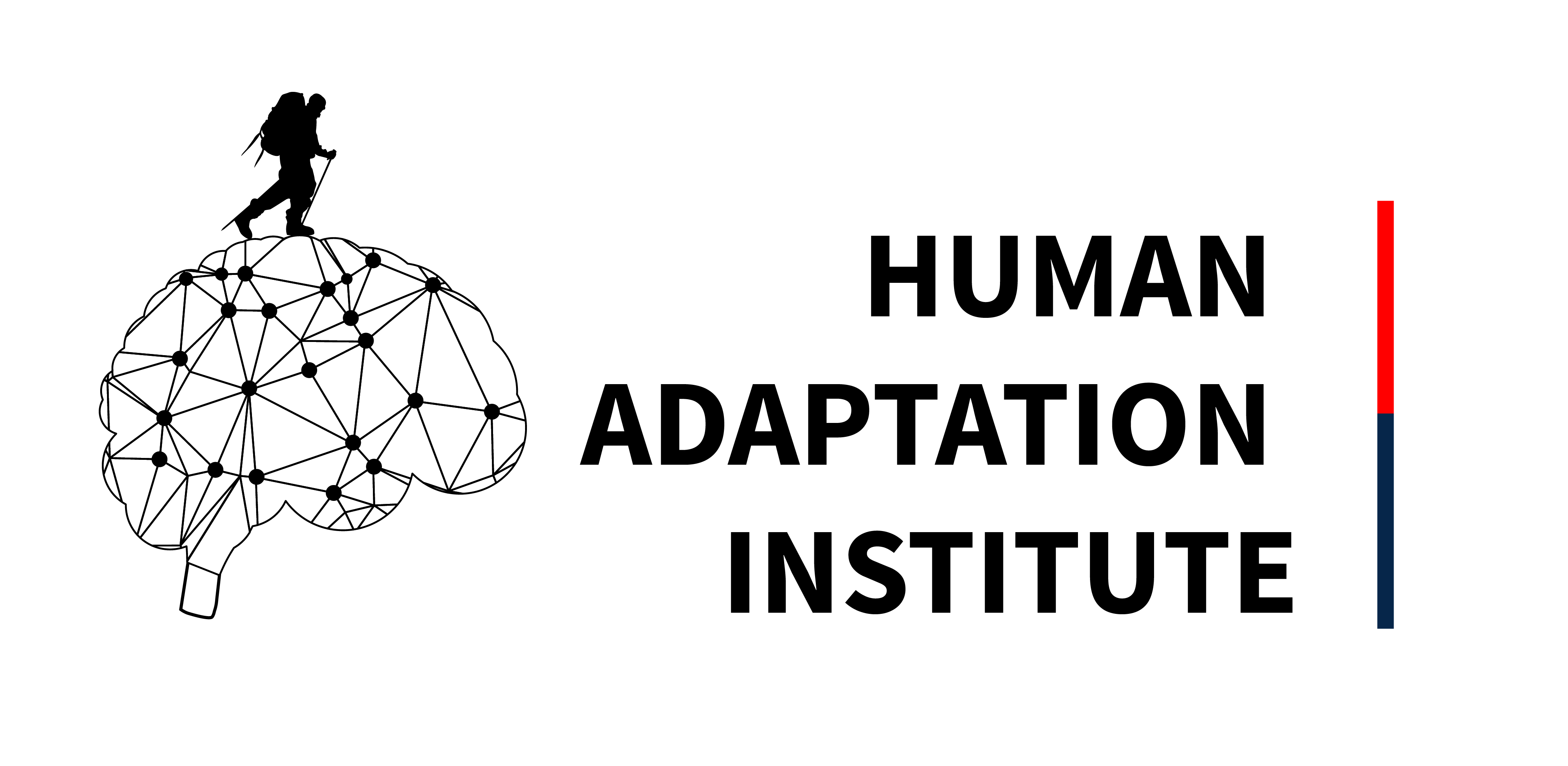Studying one’s ability to change their behavior to anticipate change before it happens and implement actions to reduce any negative impacts.
The best conditions for supporting populations subject to climate and environmental changes, don’t serve any purpose if they don’t allow for the full support of the people concerned. A boat is not enough. You have to willingly want to climb into it and take charge of building your future. Faced with the magnitude of future developments, it is necessary to prepare populations on how to better live the changes to come.
We must use all new known teaching practices to date, while considering the social and customary fabric of each community; provide practical scenarios based on experimentation rather than imposing them authoritatively; work with women who are often the primary victims of a lack of freedom and education, yet they are the main motivational drivers during situations of change. These are some proven techniques that need to be generalized.
Direction: Christian Clot

This research is fully in line with objective 13 (Climate Action) , 8 (Decent Work and Economic Growth and 4 (Quality Education) of the 17 sustainable development goals of UNESCO.
____
GOALS
Our goals revolve around two axes:
- Understand what the impacts of these changes are on humans, to better prepare for them.
- Work on a necessary cognitive paradigm shift in order to live in harmony with our environment and not in opposition to it.
____
WORK
Programs dedicated to these issues have been set up, with partner laboratories, in the most extreme climatic environments on the planet.
The work is mainly carried out in real situations, under extreme climatic conditions, with protocols in complementary diverse fields (cognition, physiology, psychology, ethology, sociology, among others)
In progress :

COVADAPT: the global crisis due to the 2020 COVID-19 is exceptional in world history for its scale and impact. We need to overcome this crisis, but we also need to understand how best to help the humans who are experiencing it, at all scales. We need to understand the social, mental health and crisis management impacts of such an event. How do we find the resources or, on the contrary, what are the signs of the mental distress it can cause? How can we concretely help the most fragile people on a daily basis by better understanding preventive warnings? How do we evolve and develop our capacity to adapt over time? But also how this will help us to evolve our tools in the event of new crises and adapt our paradigm shifts necessary to reduce their occurrence as much as possible.
VALORIZATION
Raising awareness, understanding and developing the conditions for a change in paradigm for an ecological transition, is the mission we have set for ourselves.
To accomplish this, we participate in many national and international events to enhance and disseminate the work of the Institute around the notions of climate change, the environment and adaptation.
“It’s the capacity of humans to accept, understand and modify their behavior that will make the difference. Adaptation requires paradigm shifts in our current ways of functioning.”
Christian Clot
